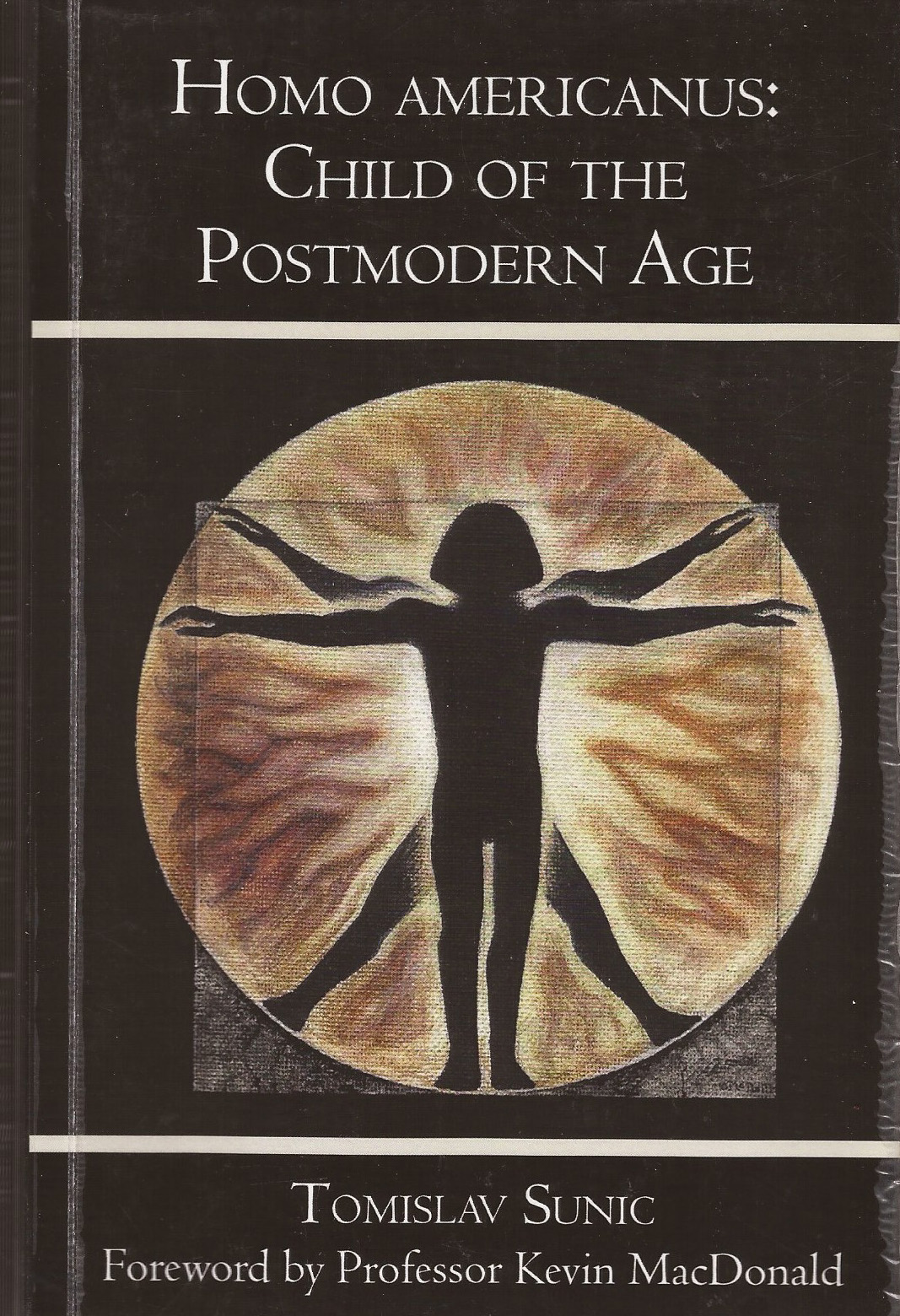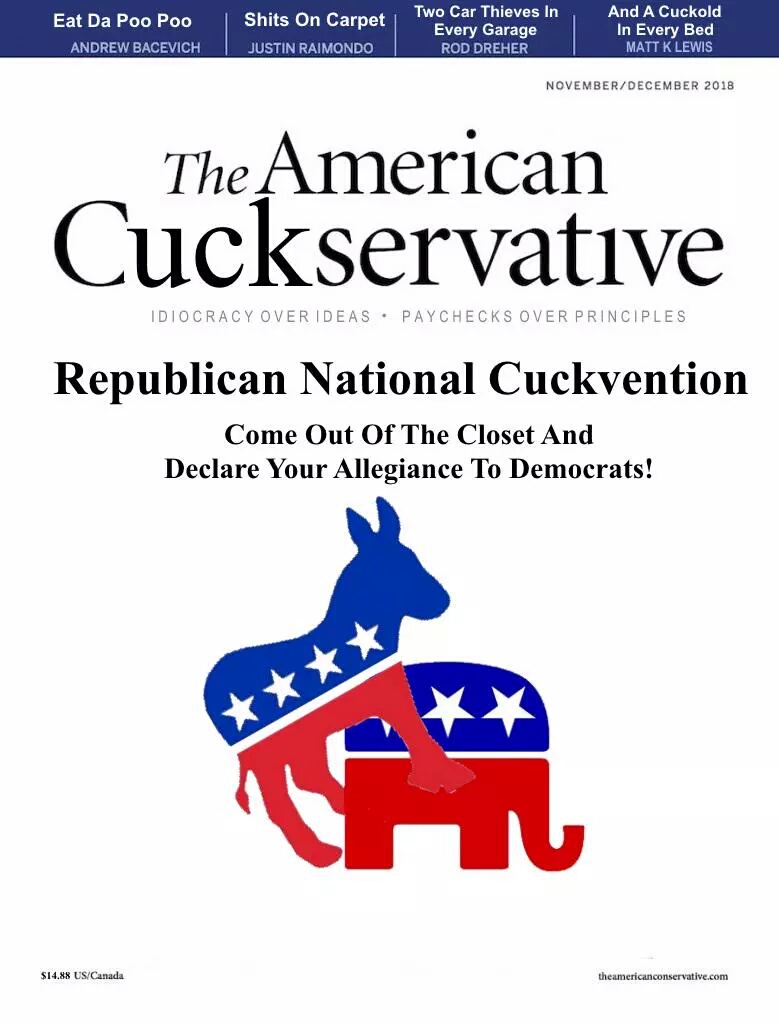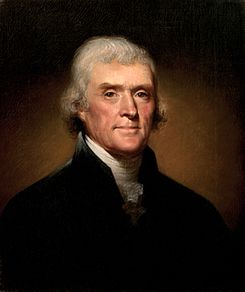From an essay of The Fair Race’s Darkest Hour:
 On a more fundamental level, the problem of the Second Klan Era was metapolitical in nature, which is to say that they ceded the parameters of discourse which predetermined the sorts of policies and tactics they adopted. [my emphasis—like today’s cuckservatives!] Accepting the paleoconservative notion of Americans meant that the Second Klan Era accepted contemporary egalitarian notions about democracy while promoting a narrow form of racialism. Practically what this meant was that they hoped to restrict enfranchisement to the old Nordic / Western / Celtic racial base with no meaningful thought given as to how pragmatically exclude the already substantial Southern and Eastern European populations within the confines of universal suffrage, nor how the established party system could be dissuaded from catering to emerging demographics. Long-term Negro demographic trends in the South and Midwest made the Klan’s strategy of regional race-based enfranchisement unviable in the long term, which wasn’t surprising given the overwhelming financial, institutional and cultural strength of the establishment that dominated the rest of America.
On a more fundamental level, the problem of the Second Klan Era was metapolitical in nature, which is to say that they ceded the parameters of discourse which predetermined the sorts of policies and tactics they adopted. [my emphasis—like today’s cuckservatives!] Accepting the paleoconservative notion of Americans meant that the Second Klan Era accepted contemporary egalitarian notions about democracy while promoting a narrow form of racialism. Practically what this meant was that they hoped to restrict enfranchisement to the old Nordic / Western / Celtic racial base with no meaningful thought given as to how pragmatically exclude the already substantial Southern and Eastern European populations within the confines of universal suffrage, nor how the established party system could be dissuaded from catering to emerging demographics. Long-term Negro demographic trends in the South and Midwest made the Klan’s strategy of regional race-based enfranchisement unviable in the long term, which wasn’t surprising given the overwhelming financial, institutional and cultural strength of the establishment that dominated the rest of America.
Although an aristocratic remnant survived in the South as late as the 1930s, an adherence to democratic dogma and the economic / social populism of the period meant that the acceptance of the foundations of capitalism [see the long section against materialism in The Fair Race’s Darkest Hour] negated any consideration of natural hierarchies as a basis for establishing both rights and responsibilities, as well as a means of providing for greater social cohesion. The old Southern aristocracy provided a bulwark against Eastern financial interests in the antebellum and reconstruction eras, making such a choice tactically questionable and ideologically puzzling for an allegedly conservative movement based in the South. However, since no thought at all was given to syndicalism, guildism or corporatism, the Klan was left with populist prescriptions for state-based restraints upon the influence of capital which had proven to be a dead-end by the beginning of the 1930s.
While the Second Klan Era paid homage to the Confederacy, any serious discussion about secession simply didn’t exist within its circles at the time. Instead, lots of effort was spent praising constitutionalism resulting in the Klan seeing itself as the standard bearer of a contemporary Americanism rather than as a revolutionary secessionist movement. Unaddressed was the matter of how the constitution failed to stop the transformation of the country into a society dominated by North Eastern plutocrats or how a regional movement like the Klan could formulate a long term defensive strategy against a national leadership animated by a deep malevolence to all that the Klan stood for.
When one considers the obvious unsuitability of its foundations and practical experiences that should have been gleaned from what was then recent history, it is reasonable to presume that the Second Klan Era was content with being a regional force with no long-term strategy for remaining relevant. It appears instead that they hoped that somehow state-level autonomy could be maintained with current societal trends.
A consideration of contemporary written material clearly indicates that the Second Klan Era lacked any metapolitical foundation or coherent ideology but instead was a manifestation of incoherent but well-intended sentiments opposed to Occidental dispossession in the American South and Midwest. In a practical sense, the Second Klan Era was purely defensive and reactive [again, similar to the cuckservatives of the Republican Party today] and destined to fail even if Stephenson’s sexual psychopathy would have been concealed or repressed.
The ideology promoted by the Klan and like-minded groups since the Reconstruction Era is extremely similar to the ideology promoted by the mainstream of American racialist groups such as Stormfront, American Renaissance, Liberty Lobby, VDARE, the Council of Conservative Citizens, various Klan factions, and several other organizations as well.






